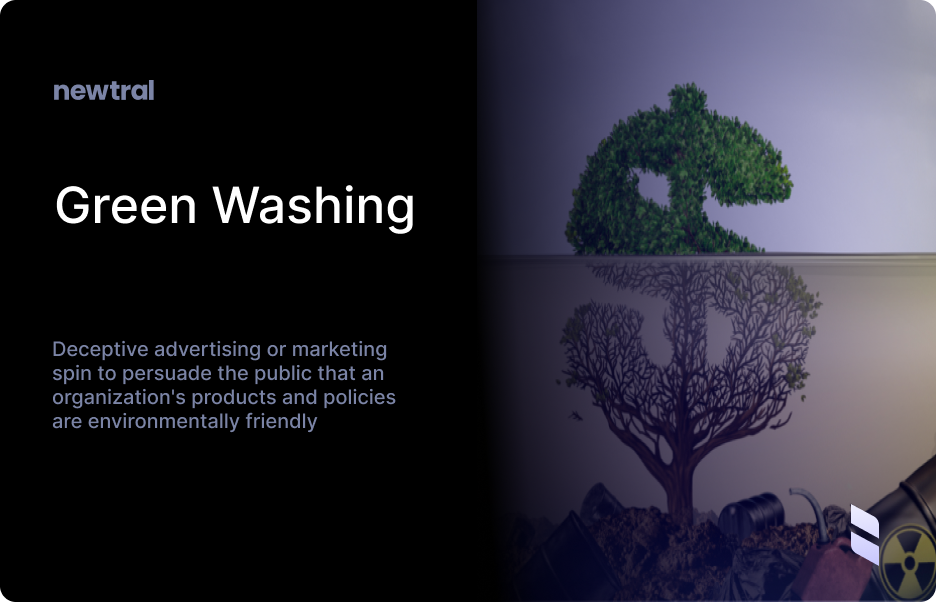Common greenwashing tactics
- Vague or ambiguous claims (e.g., "eco-friendly" without specifics)
- Hidden trade-offs (highlighting one green attribute while ignoring other negative impacts)
- Lack of proof or third-party certification
- Irrelevant claims (emphasizing one small green attribute when the overall product is not sustainable)
- Lesser of two evils (claiming to be greener than other options in an inherently unsustainable category)
Regulatory responses
Many countries and regions are implementing stricter regulations to combat greenwashing. For example:
- The EU's Green Claims Directive
- The UK's Green Claims Code
- The US Federal Trade Commission's Green Guides
- These aim to ensure that environmental claims are clear, truthful, and substantiated.
Impact on consumers and markets
- Greenwashing can lead to consumer skepticism and "green fatigue"
- It can unfairly disadvantage truly sustainable companies
- Increased awareness has led to the rise of "greenhushing," where companies underreport their sustainability efforts to avoid scrutiny



.png)
%20png%20(1).png)